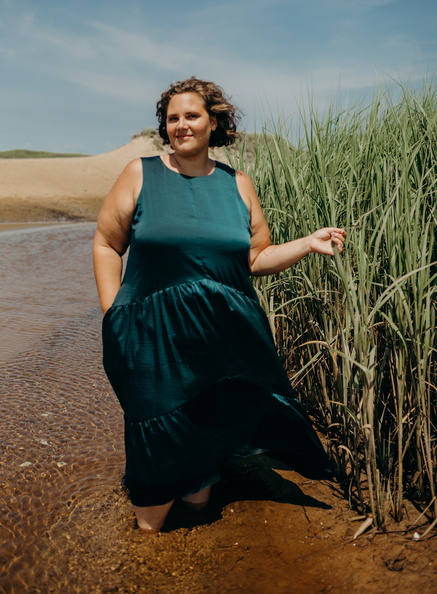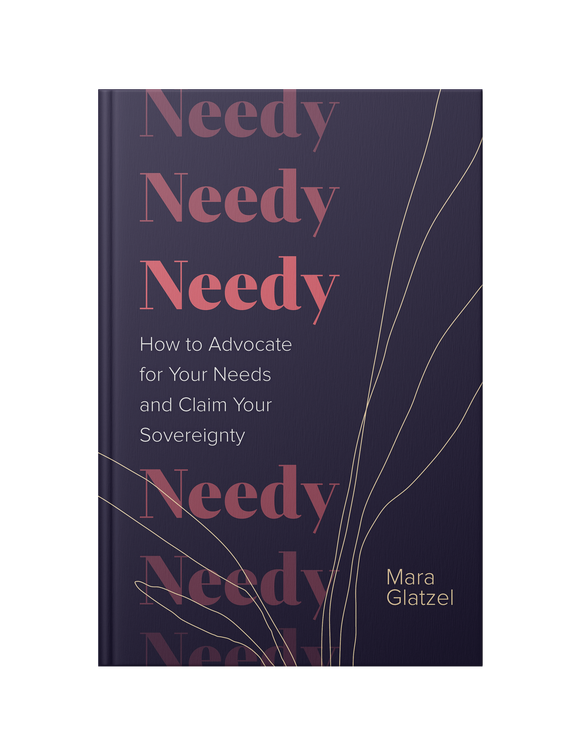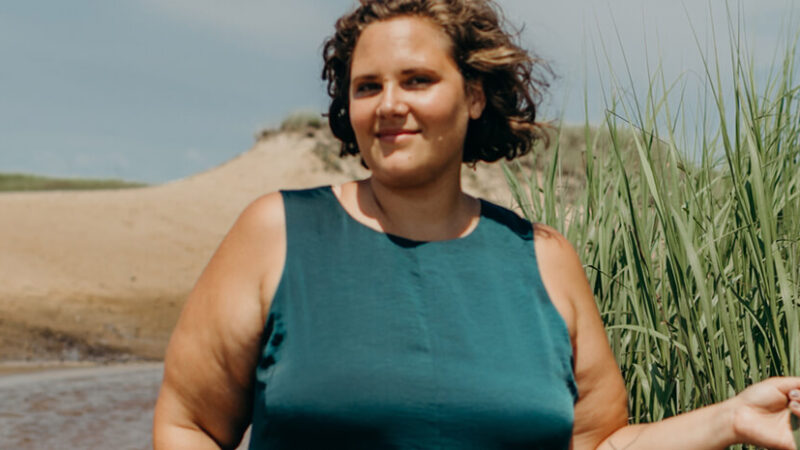Give Yourself Permission to Take Up Space
Dearest Friend,
We live in a world full of deadlines. Alarms. Screaming kids. Nagging bosses. More on our to-do lists than we could accomplish in three lifetimes. It’s easy for your needs to get buried underneath the rubble of daily life, and figuring out how to reconnect with your authentic self can feel touch and go… at best.
I wrote Needy: How to Advocate for Your Needs and Claim Your Sovereignty to lovingly provide the space for you to better understand your needs, experiment with new habits that help you meet those needs each day, and build a resilient connection with yourself that you can rely upon for good.
You have needs—your needs matter. And yet, you’ve been taught that pushing your needs to the back burner is the only way to get things done, that your needs are an overwhelming burden, or that self-care is a luxury you can’t afford. But the presence of your needs is a fact and not a flaw. You can reclaim your energy and give yourself permission to take up space in the center of your own life.
In Needy, I share my unique approach to identifying, honoring, and advocating for the most tender and true parts of yourself that yearn to be acknowledged. It is an invitation to embody self-acceptance, which leads to meaningful growth in self-responsibility, self-care, self-trust, and self-love.
This book will be a delicious companion for your journey, but you actually can begin caring for yourself with greater tenderness and open communication right now.
I invite you to take the next three minutes to check in with yourself.
Put down your phone, close your computer, and put your hand on your heart.
Breath deeply into your belly and ask yourself:
How do I feel?
What do I need?
What does my body need from me?
What is ONE, doable need that I am ready, able, and willing to meet?
Real self-care is responsive, not prescriptive. The care you are aching for right now will be found in asking yourself those four questions. Give yourself permission to start with one, tangible action.
And repeat as necessary.
Need more? I will see you between the pages of Needy. I am so grateful to be able to share this book with you, and I hope you will share it with the humans in your life who struggle to take up space in this way.
xx Mara

Mara Glatzel, MSW, (she/her) is an intuitive coach, writer, and podcast host. She is a needy human who helps other needy humans stop abandoning themselves and start reclaiming their humanity through embracing their needs and honoring their natural energy cycles. Her superpower is saying what you need to hear when you need to hear it, and she is here to help you believe in yourself as much as she believes in you. Find out more at maraglatzel.com.

Learn More
Amazon | Barnes & Noble | Bookshop | Sounds True














